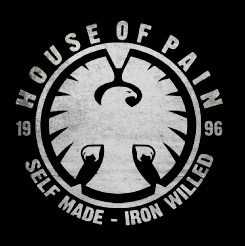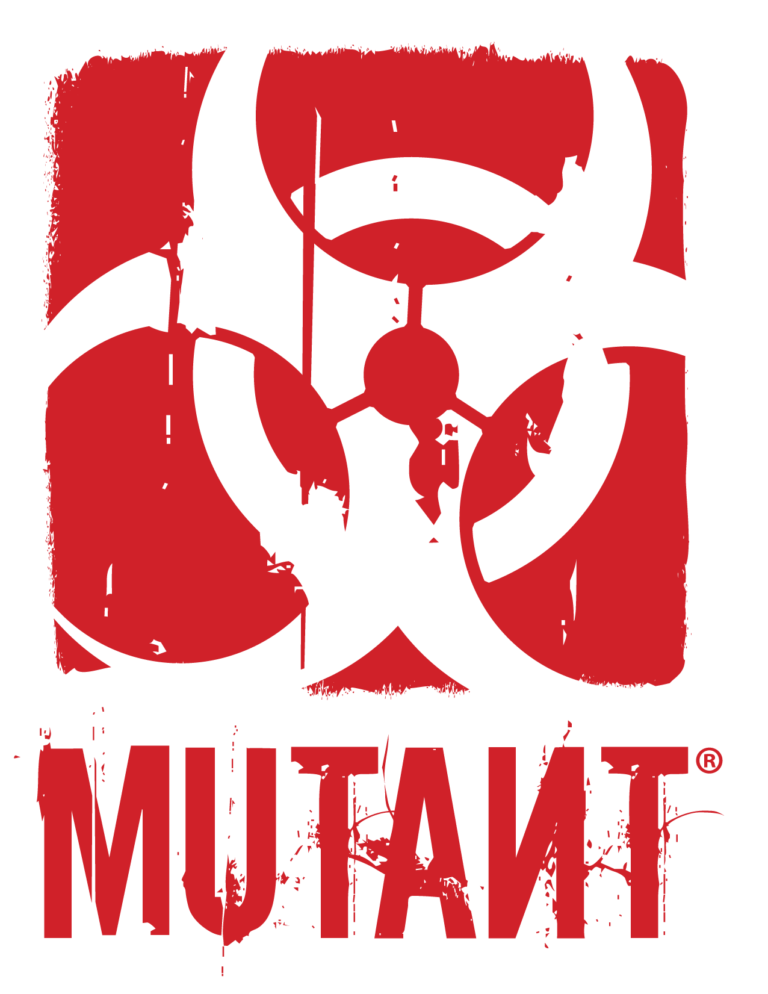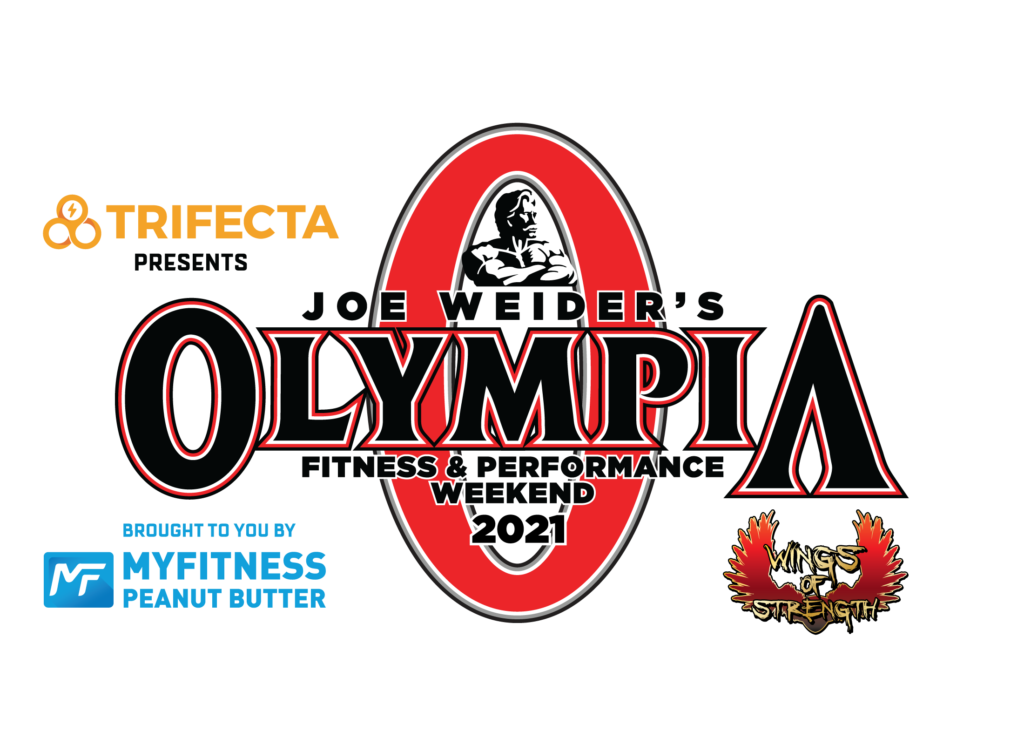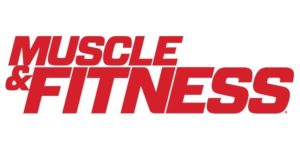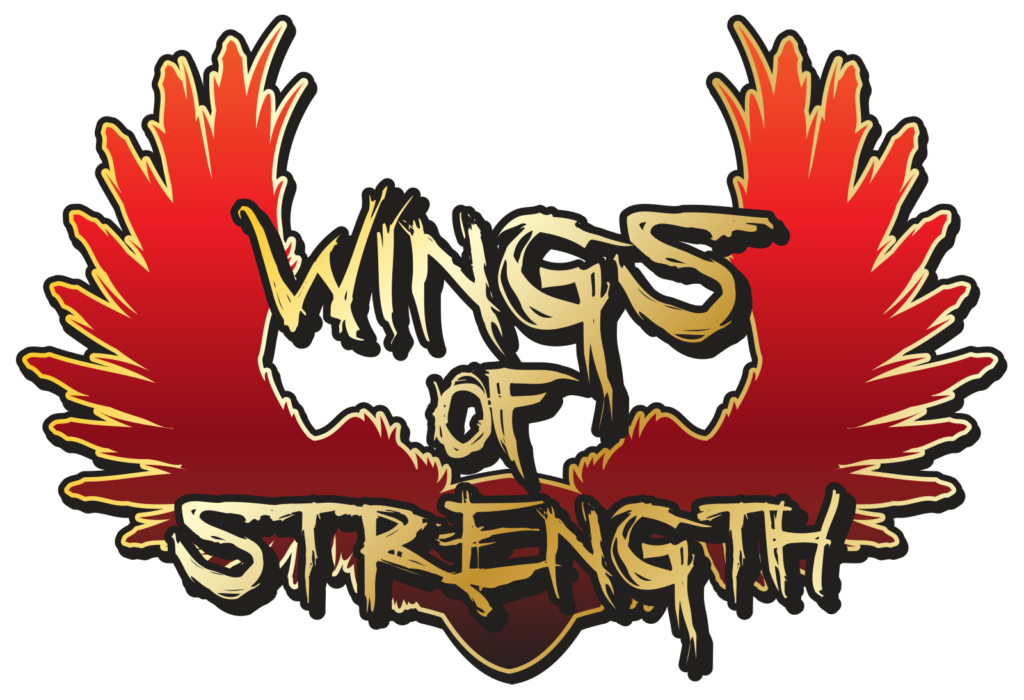By Dr. Scott Stevenson, PhD
House of Pain Blog
Decades later, Arnold Schwarzenegger’s “advices” about bodybuilding still inspire introspection (or at least an occasional quotation): Is milk just for babies and should real bodybuilders drink beer?
Firstly, from a muscle building standpoint, it’s pretty clear that milk is not “just for babies,” as milk proteins are highly anabolic (4-6, 8, 10, 16). On the other hand, alcohol (ethanol) is a common fixture in Western society and intimately related to sports and athletic participation(20). From the casual observers perspective, getting “a buzz on” just seems to be what “real men” do in a sporting context.
In terms of gaining muscle mass, though, alcohol is hardly an anabolic aid. Ethanol is pathological to both skeletal and heart muscle(11, 17), in part because it shuts down protein synthesis at its roots(12). Unfortunately, this also applies to the desirable increase in protein synthesis brought on workout itself. Even consuming protein alongside the alcohol doesn’t make up for alcohol’s anti-anabolic effect if consumed alongside a workout(15).
But how bad is it?… Can you get away with just a few drinks and still make muscular gains? Well, first of all and at the risk of stating the obvious, as far as alcohol as an ergogenic aid, being heavily intoxicated is unlikely to improve gym performance due to alcohol’s impact on a number of physiological systems(18). Yes, ethanol in very small amounts can perhaps release neural inhibition and increase muscle strength(7), but this kind of neuro/psychyological effect on muscle activation can also be had simply by having the right set of expectations when you enter the gym(1, 9, 13, 19).
In terms of recovery and the muscle growth process, the old saying that “the devil is in the dose” applies here. The well-established dose-dependency of the adverse effects of alcohol on metabolism in general(18) would suggest the obvious: The more alcohol consumed, the greater the (negative) effect on muscle growth. Indeed, it seems that consuming a low dose of alcohol after a muscle damaging exercise bout [0.5g / kg or 50g of alcohol for a 220lb bodybuilder – about 3 drinks(14)] did not affect recovery (strength loss) in one recent study(2). However, doubling this amount (to roughly a 6 pack of beer) does actually exacerbate the strength impairment brought on by a brutal training session(3).
The above being said, it is entirely possible that the lifestyle benefits of light recreational drinking may foster better progress in the gym (e.g., via stress relief). However, it’s a fair bet that heavy and/or frequent alcohol consumption is not the wisest choice for the bodybuilder seeking to maximize his muscular potential.
Editor’s Note: Dr. Stevenson is one of the most respected minds in the business of extreme performance. Be sure to check back soon here at DigitalMuscle.com for more of his articles. We also invite to you check out his website for more on his teachings.
References
- Ariel G, and Saville W. Anabolic steroids; The physiological effects of placebos. Med Sci Sports 4: 124-126, 1972.
- Barnes MJ, Mundel T, and Stannard SR. A low dose of alcohol does not impact skeletal muscle performance after exercise-induced muscle damage. Eur J Appl Physiol 111: 725-729, 2011.
- Barnes MJ, Mündel T, and Stannard SR. Acute alcohol consumption aggravates the decline in muscle performance following strenuous eccentric exercise. Journal of science and medicine in sport / Sports Medicine Australia 13: 189-193, 2010. http://linkinghub.elsevier.com/retrieve/pii/S1440244009000036?showall=true
- Cockburn E, Stevenson E, Hayes PR, Robson-Ansley P, and Howatson G. Effect of milk-based carbohydrate-protein supplement timing on the attenuation of exercise-induced muscle damage. Appl Physiol Nutr Metab 35: 270-277, 2010. http://www.ncbi.nlm.nih.gov/entrez/query.fcgi?cmd=Retrieve&db=PubMed&dopt=Citation&list_uids=20555370
- Elliot TA, Cree MG, Sanford AP, Wolfe RR, and Tipton KD. Milk Ingestion Stimulates Net Muscle Protein Synthesis following Resistance Exercise. Medicine & Science in Sports & Exercise 38: 667-674 610.1249/1201.mss.0000210190.0000264458.0000210125, 2006. http://journals.lww.com/acsm-msse/Fulltext/2006/04000/Milk_Ingestion_Stimulates_Net_Muscle_Protein.9.aspx
- Hartman JW, Tang JE, Wilkinson SB, Tarnopolsky MA, Lawrence RL, Fullerton AV, and Phillips SM. Consumption of fat-free fluid milk after resistance exercise promotes greater lean mass accretion than does consumption of soy or carbohydrate in young, novice, male weightlifters. Am J Clin Nutr 86: 373-381, 2007. http://www.ncbi.nlm.nih.gov/entrez/query.fcgi?cmd=Retrieve&db=PubMed&dopt=Citation&list_uids=17684208
- Ikai M, and Steinhaus AH. Some factors modifying the expression of human strength. J Appl Physiol 16: 157-163, 1961.
- Iwasa M, Aoi W, Nakayama A, Wada S, H M, Nakamura T, K O, and Higashi A. Milk Casein Hydrolysate Alleviates Muscle Soreness and Fatigue after Downhill Walking Exercise in Middle-aged to Elderly Men. Annals of Sports Medicine and Research 2: 1045, 2015. https://www.jscimedcentral.com/SportsMedicine/sportsmedicine-2-1045.pdf
- Kalasountas V, Reed J, and Fitzpatrick J. The Effect of Placebo-Induced Changes in Expectancies on Maximal Force Production in College Students. Journal of Applied Sport Psychology 19: 116-124, 2007. http://dx.doi.org/10.1080/10413200601123736
- Korhonen H. Milk-derived bioactive peptides: From science to applications. Journal of Functional Foods 1: 177-187, 2009.
- Lang CH, Kimball SR, Frost RA, and Vary TC. Alcohol myopathy: impairment of protein synthesis and translation initiation. Int J Biochem Cell Biol 33: 457-473, 2001. http://www.sciencedirect.com/science/article/pii/S1357272500000819
- Lang CH, Wu D, Frost RA, Jefferson LS, Kimball SR, and Vary TC. Inhibition of muscle protein synthesis by alcohol is associated with modulation of eIF2B and eIF4E. Am J Physiol 277: E268-276, 1999.
- Maganaris CN, Collins DJ, and Sharp M. Expectancy effects and strength training: do steroids make a difference? Sport psychologist 14: 272-278, 2000. http://hdl.handle.net/2173/13266 http://www.humankinetics.com/TSP
- National Institute of Alcohol Abuse and Alcoholism. Cocktail content calculator National Institutes of Health. http://rethinkingdrinking.niaaa.nih.gov/tools/Calculators/cocktail-calculator.aspx. [7/25/16].
- Parr EB, Camera DM, Areta JL, Burke LM, Phillips SM, Hawley JA, and Coffey VG. Alcohol Ingestion Impairs Maximal Post-Exercise Rates of Myofibrillar Protein Synthesis following a Single Bout of Concurrent Training. PLoS One 9: e88384, 2014. http://www.ncbi.nlm.nih.gov/pmc/articles/PMC3922864/
- Phillips SM, Tang JE, and Moore DR. The role of milk- and soy-based protein in support of muscle protein synthesis and muscle protein accretion in young and elderly persons. J Am Coll Nutr 28: 343-354, 2009. http://www.ncbi.nlm.nih.gov/entrez/query.fcgi?cmd=Retrieve&db=PubMed&dopt=Citation&list_uids=20368372
- Preedy VR, Adachi J, Ueno Y, Ahmed S, Mantle D, Mullatti N, Rajendram R, and Peters TJ. Alcoholic skeletal muscle myopathy: definitions, features, contribution of neuropathy, impact and diagnosis. European Journal of Neurology 8: 677-687, 2001. http://dx.doi.org/10.1046/j.1468-1331.2001.00303.x
- Vella LD, and Cameron-Smith D. Alcohol, athletic performance and recovery. Nutrients 2: 781-789, 2010.
- Voudouris NJ, Peck CL, and Coleman G. The role of conditioning and verbal expectancy in the placebo response. Pain 43: 121-128, 1990. http://journals.lww.com/pain/Fulltext/1990/10000/The_role_of_conditioning_and_verbal_expectancy_in.13.aspx
- Zhou J, Heim D, and Levy A. Sports Participation and Alcohol Use: Associations With Sports-Related Identities and Well-Being. Journal of studies on alcohol and drugs 77: 170-179, 2016.
This new blog here at DigitalMuscle.com is presented by the world famous House of Pain Ironwear apparel brand. Check back often for hardcore updates and great content dedicated to everyone who shares our passion for a hardcore training lifestyle! And be sure to stock up on the newest hardcore apparel at www.HouseOfPain.com


